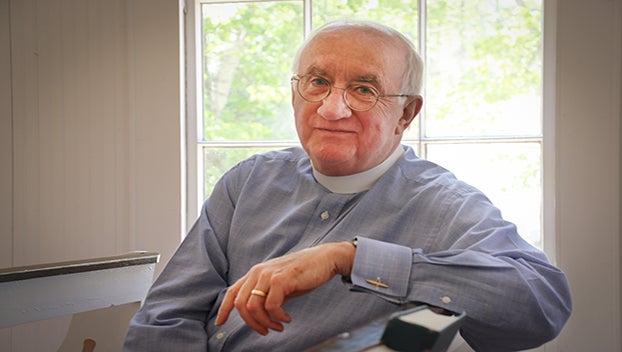Write Again. . . We called them savages
Published 7:11 pm Monday, May 18, 2015
“Bartow, this one is worthy of a re-run. Have read it many times and shared with many . . .”
Well, now. Thanks, Marti.
That is very thoughtful, sharing this with me, about a column written so many, many years ago.
I’ll do it. Run it again.
So. Here it is, kind readers:
George Catlin, one of the great early students of the plains tribes of Indians in this country, was a man of consummate artistic ability, and pronounced perspicacity.
Catlin traveled and lived among the Indians in the period 1830-1836. His art lives on; truly gifted, he “captured on canvas many of the important leaders and many of the little-known ceremonies among better than two score of the plains tribes for the Canadian border southward into the territory then held by Mexico.”
However, I was particularly struck by a passage from his Last Rambles Amongst the Indians of the Rocky Mountains and the Andes (1867), when he wrote:
“I love a people who have always made me welcome to the best they had . . . who are honest without laws, who have no jails and no poorhouse . . . who never take the name of God in vain . . . who worship God without a Bible, and I believe that God loves them also . . . who are free from religious animosities . . . who have never raised a hand against me, or stolen my property, who there was no law to punish either . . . who never fought a battle with white men except on their own ground . . . and oh! how I love a people who don’t live for the love of money.”
At the risk of being pedantic please let me encourage you to read again the passage above, quoting Catlin. I have not read many things so thought-provoking.
To draw a comparison between the white man of that era and the Indians Catlin wrote of; to draw a comparison between the American of today and the Indians Catlin wrote of, would be quite interesting, to say nothing more.
There is, obviously, much we could have – can – learn from the “original” Americans of that period. Much, indeed.
And to think we called them “savages.”
My best guess is that this column was written some time in the mid-to late 70’s, or perhaps the 80’s.
And so it was.





